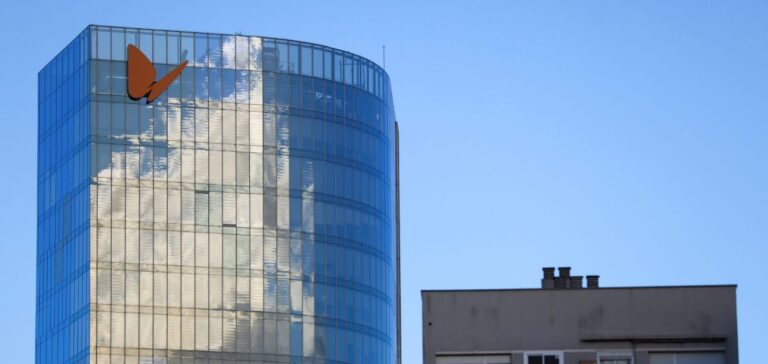Naturgy, one of Spain’s leading energy players, announced a 4.3% drop in its net profit for 2024, reaching €1.90 billion, compared to €1.99 billion in 2023. This decline was mainly attributed to the ongoing weakness in gas prices across Europe, which showed a noticeable downtrend compared to the elevated levels observed during the 2022 energy crisis triggered by Russia’s invasion of Ukraine.
Impact of the decline in gas prices
The price of gas played a key role in Naturgy’s performance. While 2024 was marked by a stabilization of prices at relatively low levels, the company was affected by this trend, similar to its direct competitors. Although the results were lower than the exceptional performances of previous years, the group nevertheless exceeded its own forecasts, which had predicted a net profit of €1.8 billion and EBITDA of €5.3 billion. The final figure for EBITDA reached €5.37 billion, slightly above the targeted figure.
New strategy and investment outlook
Alongside its financial results, Naturgy announced the launch of its 2025-2027 strategic plan. This plan includes an investment of €6.4 billion, representing a 10% increase from the previous period, with 75% of the funds allocated to Spain. The group expects to maintain a stable net profit of around €1.90 billion annually during this period.
This increase in investments is accompanied by a new initiative to boost the liquidity of its shares. The group has decided to propose a share buyback program to its shareholders in order to increase its float and boost investor confidence.
Rumors of shareholder reorganization and acquisitions
The 2024 results come at a time when Naturgy is facing rumors regarding a potential reorganization of its shareholding structure. In June 2024, a proposed takeover bid (OPA) by the Emirati oil and gas giant Taqa failed. Taqa had expressed interest in acquiring more than 40% of Naturgy’s shares, held primarily by investment funds CVC and GIP. Despite the failure of this negotiation, press reports suggest that Taqa remains interested in taking a stake in the group, while Australian investor IFM, which already holds 15% of Naturgy, could look to increase its stake.
Spanish government’s stance and future outlook
Spanish Minister for Ecological Transition, Sara Aagesen, commented on the situation by calling for a long-term strategy for the energy group. Although she ruled out any possibility of the Spanish government entering Naturgy’s capital, she emphasized the importance of attracting long-term investors. This government stance could influence the upcoming partnership and investment decisions for Naturgy, as the group seeks stability in an uncertain economic environment.






















